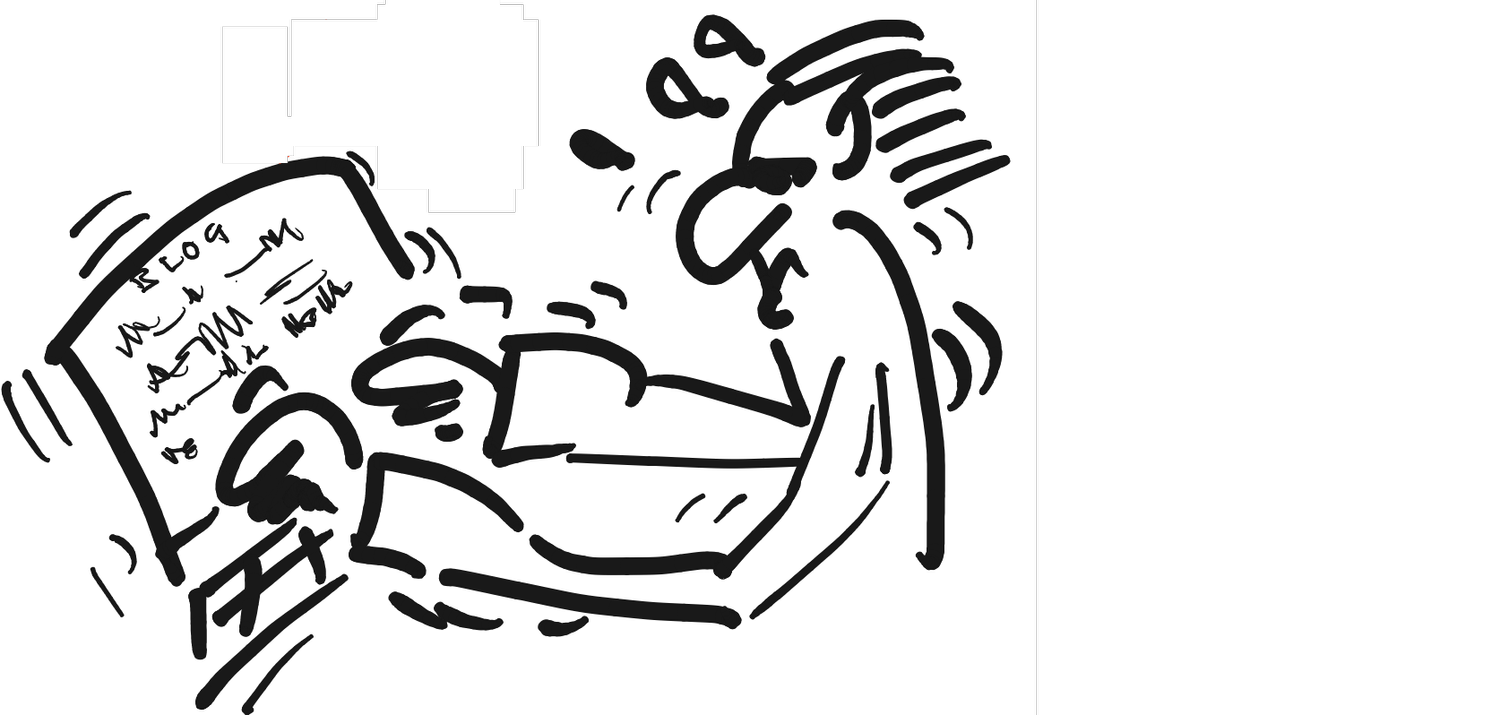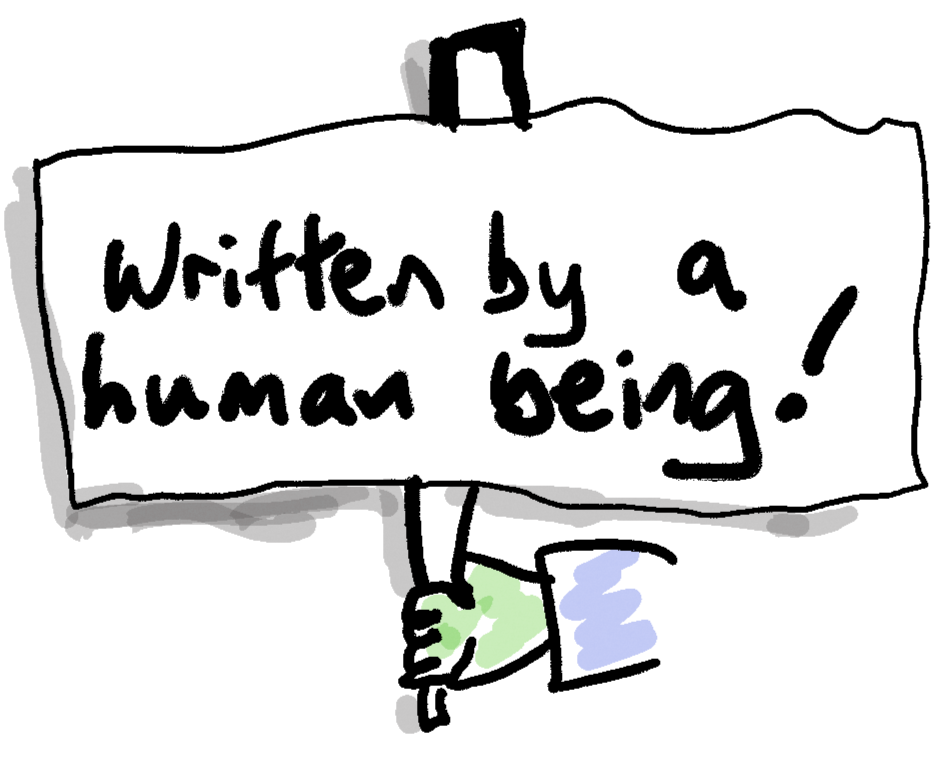Whenever politicians (in the UK at any rate), are caught with their fingers in the till, they almost invariably “strenuously deny any wrongdoing”.
Strenuously? I think that little word tells you a lot. If it is such an effort to deny that you’ve done anything wrong, then you must be guilty. Otherwise, it would be easy, wouldn’t it?
It’s the same in job adverts for school teachers. I never applied for any job in a school whose motto was something like “Striving towards excellence”. Firstly, why is the school not excellent yet? Well, I suppose, being generous, a really good school would never feel satisfied with what they’ve achieved1. But again, there’s that little word which gives the game away: striving. Why is it such a struggle to achieve excellence?
By the same token, I would always avoid schools whose adverts stated that they have excellent discipline. Why the need to say it? It should go without saying.
In my opinion, these are examples of what Stephen Potter referred to in his unforgettable expression, “the petrification of the implied opposite”. This was in his book called Supermanship.
The principle is virtually foolproof. For example, when a senior politician screws up, listen for the party leader’s pronouncement that he or she has total confidence in the offender. That is almost always a guarantee that the person will be given the order of the boot within a week.
When, several years ago, the Government in England introduced a policy called "Supporting People", in the area of social care, I immediately surmised that they intended to reduce the help available by cutting the funding available. I was right. Presumably the support was achieved by making people (the elderly, and people in general who could not live independently) stand on their own two feet.
That was a real life example of this principle.
I could say a lot more about language, and especially the way in which word meanings have been changed in what I regard as a corrupt way. But perhaps that’s an article for another time.
This article first appeared in my Eclecticism newsletter. Go there to comment.





